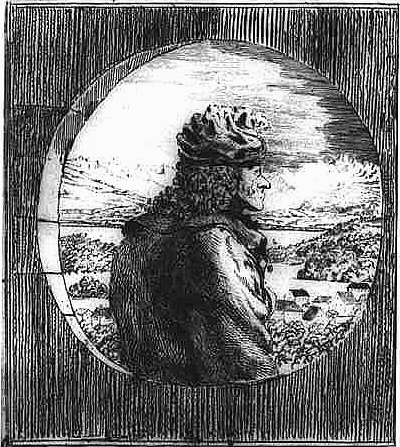 |
 |
 |
 |

Voltaire was one of the most influential figures of the French Enlightenment, and indeed of the entire European eighteenth century. A philosopher, poet, dramatist, essayist, historian, and fiction writer, he was known for his biting wit and his association with libertines and freethinkers. He was the most important of the reformist philosophes, and collaborated with the encyclopédistes, including Diderot. His slogan, "écrasez l'imfame," was directed at the backwardness of the Church and the state: he attempted to reform the Ancien Régime, advocating an enlightened despotism for France, but supported Britain's constitutional monarchy and democratic movements in Switzerland.
A series of legal entanglements resulting from his satirical poetry led to his imprisonment in the Bastille for a year beginning in 1717; in the following year, his tragedy Oedipe brought him fame. In 1726 he left France and spent three years in exile in England, meeting some of the most influential thinkers in eighteenth-century Britain and observing the social and cultural life of England (published in his Lettres Philosophiques). While in England, his epic poem L'Henriade appeared (1728). He published his first major historical worik, L'Histoire de Charles XII, in 1731, and his tragedy Zaire appeared in 1732.
From 1734 to 1744 he lived in Lorraine and Versailles, writing his tragedy Mahomet (1744) and his tale Zadig (1747). His second major history, L'Age de Louis XIV, appeared in 1751; his tale Micromégas (1752) satirized Maupertuis.
In 1755 he settled for four years at Les Delices near Lake Geneva. In 1759 he published what his now his most widely read work, Candide (an attack on the philosophical optimism of Leibniz), and moved to Ferney. His Dictionnaire Philosophique followed in 1764. He finally returned to Paris in 1778.